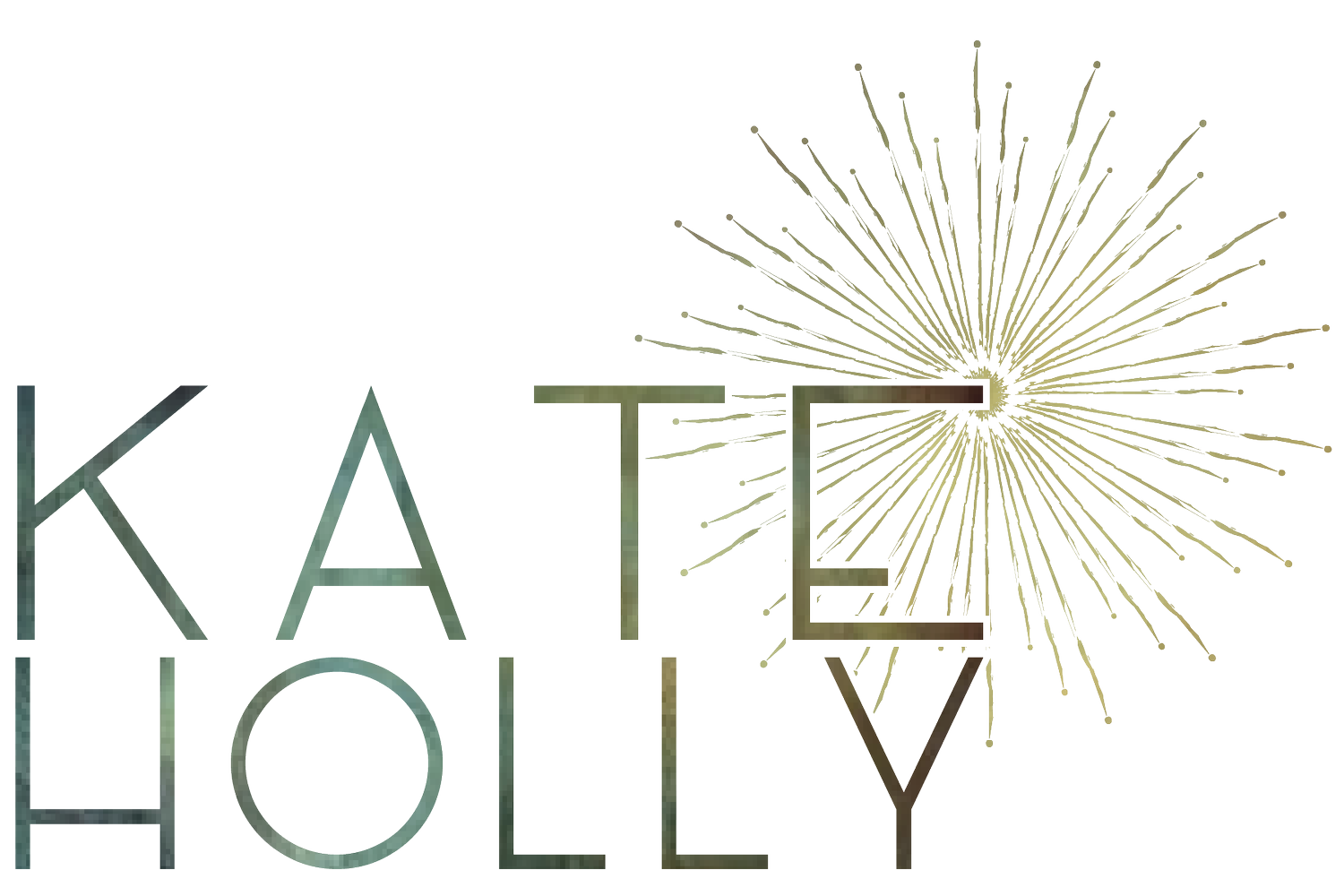Hollywood shortcuts to personal empowerment.
Alt text: Kate stands in front of a cave with her hands on her hips in a posture of personal power.
I was raised in an atmosphere of intellectual snobbery, so it is sometimes difficult for me to admit that, while I can totally get down with some experimental autobiographical feminist films from the 1970’s, I can also sing along to the Frozen 2 soundtrack with wild abandon.
It is from my lens of broad cultural interests, that I offer some thoughts on a genre of Hollywood film that I recently encountered, which I find simultaneously intriguing and disturbing. We might call this genre “Self-Empowerment Rom Com, usually involving a head injury”.
Here is the formula so far:
A witty female comedian with a curvy body stars as a modern woman who lacks confidence due to her size and hides her emotions through drinking too much, eating junk food and self-deprecating humor. We see the potential of our character to shine, if only she would believe in herself! And then one day, she has an accident that results in a head injury, and the world around her changes. Suddenly, she is perceived as beautiful, desirable, and charming. Her body type no longer holds her back from snagging her dream guy (so far this genre is as hetero-normative as any other rom-com), getting her dream job, and playing full out. Her life is transformed. By the end of the movie, she has a second head injury, which brings her back to “reality”, but she is now forever changed with the knowledge that she doesn’t need to be anyone but who she is to live her best life.
Here’s what I love about this genre:
We are casting bad-ass bigger bodied women in lead roles-more of this, thank you!
We are putting self-love at the center of the rom-com formula rather than the need to be loved by a man-yes, please!
We are centering the vital message that our mindset profoundly impacts our circumstances, and is the main thing that needs to change if we want to change our culture-helpful!
Here are some questions I have that these movies fell short of addressing...
Can self-empowerment happen by accident, without any intentional effort, courage or vulnerability on our part?
Is self-love something we either have or don’t have, based on our luck or traumatic brain injuries, or is it a skill that we cultivate over time through intentional daily practices?
Do we need a head injury to experience a profound mindset shift?
Is it fair to ask the victims of other people's oppressive belief systems to do all of the emotional labor of changing those beliefs, without also holding accountable the misogynistic and fat-phobic messages that created a culture of self-loathing for larger bodied women (or really, any woman with a body) in the first place?
I am genuinely interested in how our culture is talking about and perceiving the idea of self-love, because it’s been the main focus of my work for 17 years.
After my yoga practice radically shifted the way I was relating to myself, I wanted to share that with others. When I became a yoga teacher in 2003 it was both immediately gratifying, and occasionally frustrating, because I realized that so many of my students were not learning how to apply their practice off the mat. They might have a profound experience of surrender, self-nurturance, and shifted perspective in class, and then go right back to judging themselves and others based on their cultural conditioning, which was often entrenched even in the culture of the studio they were practicing in.
This was particularly disappointing, because the system of yoga contains incredibly rich ideas and practices about how we can challenge and dissolve our harmful mental conditioning-that is actually the primary reason for the practice.
I realized that something was missing from the way we were talking about and practicing yoga in mainstream culture, and this motivated me to open my own studio in 2012, and eventually create my own teacher training program in 2016, which graduated 6 different cohorts before I retired it in 2021.
Many of my students have shared with me that they now feel equipped with the practices to create consistent self-love in their lives, AND that they have the tools they need to teach it to others.
Some of them described feeling the courage to be vulnerable for the first time, gaining the confidence to become leaders, learning how to offer themselves more tenderness, and being able to step into their power.
As much fun as we had in the program, these gains did not come easily, or from an instantaneous bop on the head, but from my students having a willingness to take risks, to be vulnerable, to engage regular practice, and to face challenges inside a very intentional container of support.
I am grateful to Hollywood for recognizing that stories of self-love are worth telling. Now let’s take the next step and tell the stories of what the journey actually entails: Social Courage, Vulnerability, Commitment, Patience, Compassion, Support and a lifetime of (not always easy or convenient) Practice.
Want a good reason to chill on your couch this week? (Ahem, it’s research on personal development!) Here are the movies I am referencing:
-I Feel Pretty starring Amy Schumer
-Isn’t it Romantic starring Rebel Wilson
-For a slightly more realistic take on the subject check out Brittany runs a Marathon.
INTEGRATE:
Take some time to get resourced and rested, and then sit down with the following journal prompt:
If I could have a harmless head injury that would instantly change my perspective in any way I want, what new mindset or belief would I wish to have upon regaining consciousness? How might this new mindset change my life?

